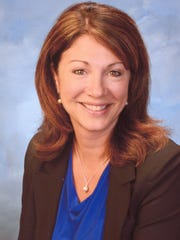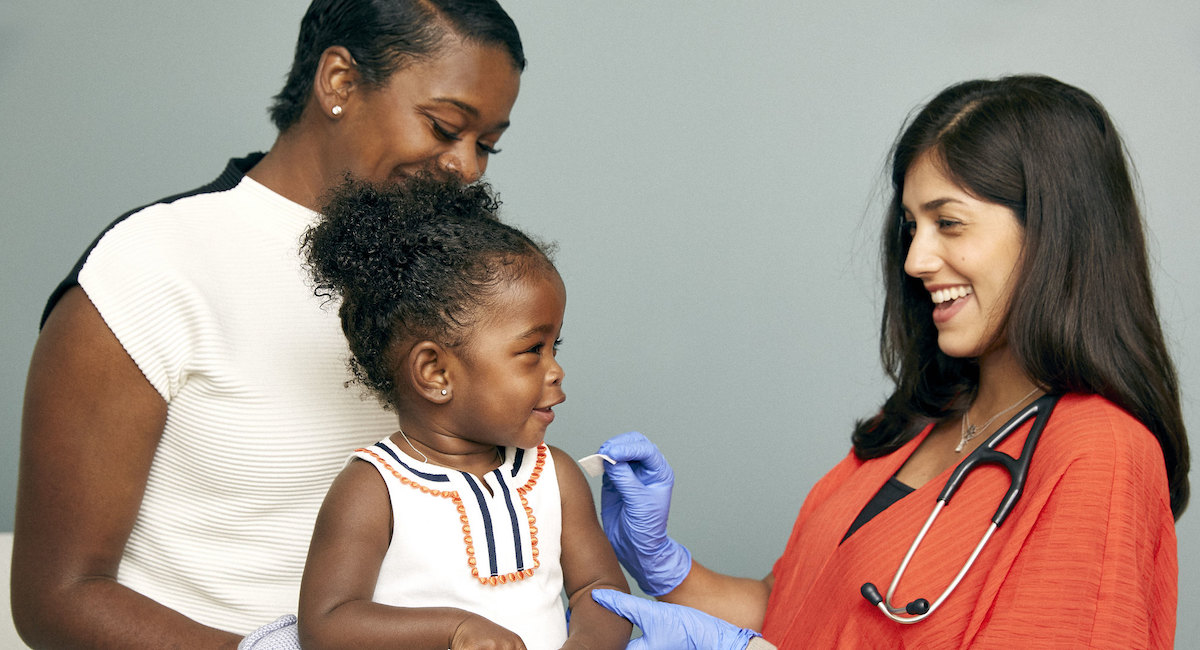This op-ed by Deb Johnson appeared in The Times Herald. Read more here.

To promote acceptance and draw attention to the needs of individuals with Autism Spectrum Disorder, in April 1970 the Autism Society celebrated the first National Autism Awareness Month. At that time only 1 in 2,000 children were diagnosed with autism and the average person had never heard of the disorder. Today, Autism Spectrum Disorder has become the fastest growing developmental disability in the world.
The U.S. Department of Health and Human Services report that the most recent data from 2018 show rates of diagnosis increasing to as many as 1 in every 59 children, from 1 in 68 children only five years ago.
Today, there are few people who do not have a family member or know somebody who has a family member with Autism Spectrum Disorder. However, despite the ubiquity of autism in our society today and its affect on families and communities, polling by the National Alliance for Autism Research shows that a majority of Americans are still confused about what causes autism, how common it is, how it affects individuals, warning signs a child may have autism, and available paths to recovery.
Autism Spectrum Disorder is a developmental disability that often causes difficulty with communication, social, and emotional skills. It is a continuing frustration for families and researchers in the field that a precise cause of the behavioral disorder has not yet been determined.
But we do know that all the proposed explanations popularized in the media are wrong. Poor nutrition does not cause autism, nor does consumption of gluten and casein, the main protein present in milk. Bad parenting does not cause autism. Physical injury to the brain does not cause autism. Blows to the head and lack of oxygen can cause brain damage but not autism.
The most dangerous misconception is that vaccinations are responsible for autism. This has been thoroughly researched by independent teams all around the world and completely disproven. Parents should not put their children’s health at risk by avoiding vaccines out of fear of their child developing autism. And, of course, it should go without saying that you can’t catch autism. It is hard to believe that in 2020 some people still treat autism as though it were an infectious disease, but research shows this is the case.
Autism Spectrum Disorder affects all ethnicities, backgrounds and social statuses equally. However, we do know that it is diagnosed among boys versus girls at a rate of 4 to 1. While we do not have a medical test that can diagnose autism, parents and medical professionals can watch for delays in developmental milestones that may signal the presence of autism.
These include behaviors before the age of five that include no babbling or pointing by age one, no single words by 16 months, no two-word phrases by age two, no response to hearing their own name, poor eye contact, no smiling, minimal language or social skills, excessive lining up of toys or objects, and other similar repetitive behaviors. After the age of five common signs include difficulty making friends, absence or deterioration of imaginative and social play, repetitive or unusual use of language, difficulty having conversations, and inflexible adherence to specific routines or rituals.
The most promising intervention is Applied Behavior Analyses (ABA) therapy, an evidenced-based practice that applies reinforcement principles to everyday situations to increase or decrease particular behaviors. This includes improving language skills, non-verbal communications, peer interactions, daily living skills, ability to follow instructions, and cognitive skills. In Michigan, by law individuals between months and 21 years of age who are covered by Medicaid and MIChild are provided ABA services.
St. Clair County Community Mental Health operates an ABA program in Port Huron at our new Child and Family Services building at 2415 24th St. The program’s curriculum is designed to teach skills in home and community settings, tailored to the needs and preferences of each child, which can then be transferred across different environments and settings. CMH staff work with parents and area schools to facilitate learning opportunities in all settings. Educational opportunities for parents to learn more about how to assist their child with autism are also available. Additionally, a local Autism Support Group meets monthly at SCCCMH to provide support for parents/guardians who have a family member with autism.
It is understandable that most of us are currently focused on the COVID-19 crisis. However, this April, during National Autism Awareness Month, let’s all work on creating an environment of acceptance and inclusion for all as well. If you would like more information about ABA therapy or would like more information about the Autism Support Group, please contact SCCCMH at 810-985-8900 for additional information.
Debra Johnson is the executive director of St. Clair County Community Mental Health

